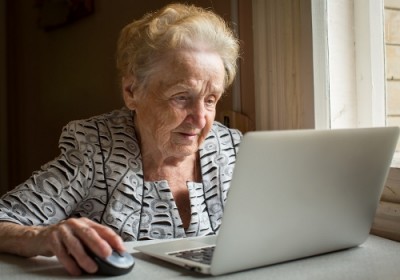
Is it true that gone are the days of making a grocery list and physically heading to the store? Grocery delivery service is growing by leaps and bounds. Convenience and time savings are two reasons people seem to like delivery rather than tackling the task themselves. My reaction is mixed when I think about the possible impact on senior living.
I should note that I’m referring to relatively healthy older adults 75 years or better. These folks have spent a lifetime making trips to buy groceries and I imagine most dismiss delivery as a luxury. Is going out to buy groceries time consuming? Yes. Does it take effort? Yes. Is it worth the trouble? I believe it is.
Sure delivery is convenient. But as a result, convenient may come with hidden costs: greater isolation, lack of variety and lack of physical activity. Grocery stores, especially in smaller towns or urban neighborhoods are social hubs. Have you ever had the experience of running into someone you know at the store? I have. When seniors go to the grocery store, they stay in the collective consciousness of their community and remain a visible part of it.
As baby boomers age, they will likely take advantage of delivery from grocery stores and farm markets. But I think we may be doing the elders among us a disservice to assume they want to jump on this trend. There will still be plenty of senior living in our communities filling out that grocery list and heading to the market. At least I hope so!
Ann Catlin is a training and education consultant for AGE-u-cate Training Institute and the innovator of the Compassionate Touch® program. She supports AGE-u-cate’s mission is to create transformative change for an aging world by developing and delivering cutting edge training and education for senior care, healthcare, non-profits, and the educational community.

